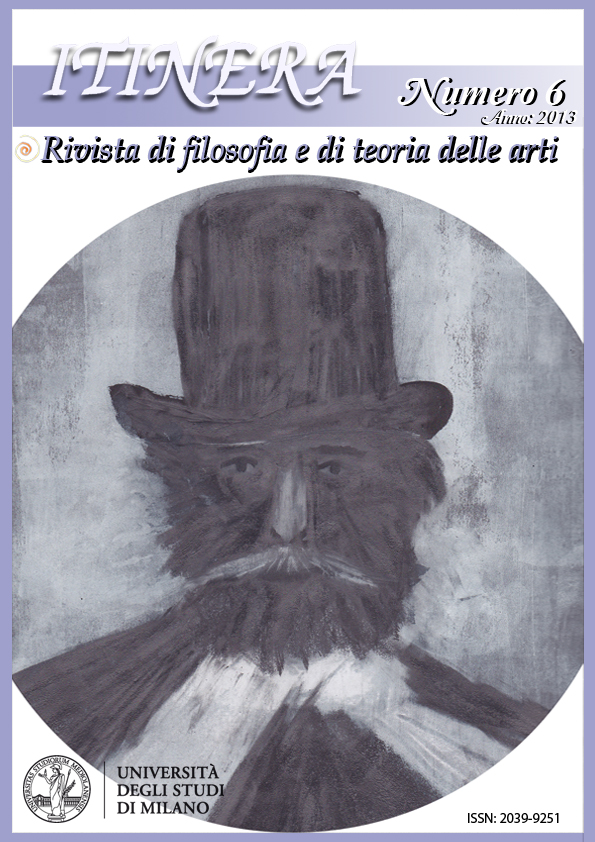Larry Kramer ou les limites de la provocation au temps de la lutte antisida
DOI:
https://doi.org/10.13130/2039-9251/3259Abstract
The controversial picture of gay sexual promiscuity developed in Faggots, and the radical political positions portrayed in The Normal Heart during the AIDS epidemic have helped to build the reputation of Larry Kramer. However, in the same time, they seem to have made his discourse ineffective. Through the study of those two pieces, we are going to question the use of provocation in Larry Kramer’s work and its effects.Downloads
Riferimenti bibliografici
BELLAFANTE, Gina, “Judging Mayor Koch’s AIDS Record, Whispers Aside”, New York Times, 18 janvier 2013. Consulté le 22 janvier 2013. URL: http://www.nytimes.com/2013/01/20/nyregion/judging-mayor-kochs-aids-record-without-the-whispers.html
BERGMAN, David, “Larry Kramer and the Rhetoric of AIDS”, in NELSON, Edith (ed.), AIDS: The Literary Response, Twayne Publishers, New York 1992.
HAMIDI-KIM, Bérénice, Les cités du «théâtre politique» en France, 1989 – 2007: Archéologie et avatars d’une notion idéologique, esthétique et institutionnelle plurielle, Thèse de doctorat de Lettres et Arts, Lyon 2 2007.
KRAMER, Larry, Faggots, Methuen, London 1986.
KRAMER, Larry, Reports From The Holocaust, St Martin’s Press, New York 1994.
KRAMER, Larry, The Normal Heart, Plume, New York 1985.
KRAMER, Larry, The Tragedy of Today’s Gays, JP Tarcher, New York 2005.
KRAMER, Larry, Please know, texte distribué à l’occasion de la reprise de The Normal Heart en 2012 à la sortie du Golden Theater de New York
KRANTOWITZ, Arnie, An Enemy of the People, in MASS, Louis David (ed. by),We Must Love One Another or Die: The Life and Legacies of Larry Kramer, Cassel, London 1997.
POLLAK, Mickael, Une identité blessée, Métailié, Paris 1993.
WEISS, Peter, Discours sur le Vietnam, trad. par BAUDRILLARD, Jean, Editions du Seuil, Paris 1968.
Dowloads
Come citare
Fascicolo
Sezione
Licenza
Gli autori che pubblicano su questa rivista accettano le seguenti condizioni:
1. Gli autori mantengono i diritti sulla loro opera e cedono alla rivista il diritto di prima pubblicazione dell'opera, contemporaneamente licenziata sotto una Licenza Creative Commons - Attribuzione - Condividi allo stesso modo 4.0 internazionale che permette ad altri di condividere l'opera indicando la paternità intellettuale e la prima pubblicazione su questa rivista.
2. Gli autori possono aderire ad altri accordi di licenza non esclusiva per la distribuzione della versione dell'opera pubblicata (es. depositarla in un archivio istituzionale o pubblicarla in una monografia), a patto di indicare che la prima pubblicazione è avvenuta su questa rivista.
3. Gli autori possono diffondere la loro opera online (es. in repository istituzionali o nel loro sito web) prima e durante il processo di submission, poiché può portare a scambi produttivi e aumentare le citazioni dell'opera pubblicata (Vedi The Effect of Open Access).





